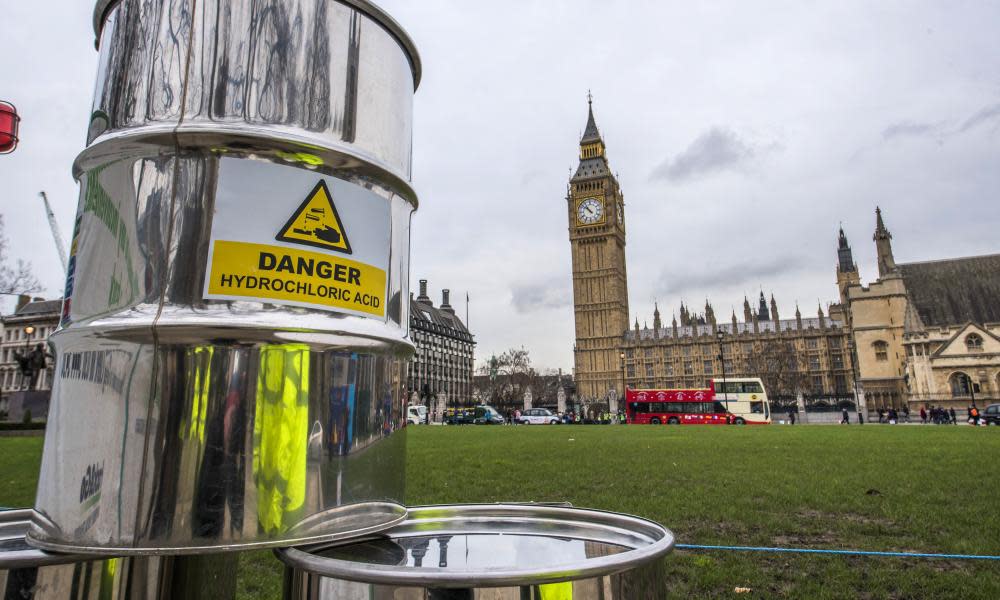Charities condemn rejection of changes to Lobbying Act

Charities have condemned ministers for rejecting changes to the Lobbying Act which were made by a government-commissioned review body. Campaign groups say they will be left unable to speak out for vulnerable and marginalised people in society because the law has a chilling effect on freedom of speech.
The Lobbying Act restricts what non-governmental organisations can say in the year before a general election.
As a result of an outcry from the charities sector, the government commissioned a review of the recommended amendments.
Lord Hodgson of Astley Abbotts called for the scope of the act to be reduced to include only activity intended to influence how the public vote. The Conservative peer also called for the period during which its rules apply to be reduced from a year.
But the Cabinet Office has said in a statement it would make no changes to the law. In a statement the Cabinet Office said: “The rules on third-party campaigning in elections ensures that activity is transparent and prevents any individual, company, or organisation exerting undue influence in terms of an election outcome.
“We recognise and value the role that charities play in our society and are keen to work with voluntary bodies to ensure the rules are well understood.”
Charities and NGOs said this amounted to a blanket rejection of recommendations made by by Hodgson’s review.
The Cabinet Office decision comes a few weeks after more than 100 charities sent a letter to the civil societiy minister Tracey Crouch to put pressure on ministers to overhaul the act.
The charities and campaign groups who signed the letter represented a wide range of domestic and global issues including health, social care, global poverty, human rights, environment, and vulnerable groups. They included Greenpeace, Girlguiding, Deafblind UK and Action for Children.
Greenpeace was the first NGO to be fined under the Lobbying Act.
Tamsyn Barton, chief executive of Bond, the UK network of organisations working in international development, said: “How are charities supposed to speak up for the most vulnerable and marginalised people in society, both here and globally, when they are at risk of being penalised by the Lobbying Act? The government is legislating the sector into silence at a time when our voices are needed the most. This is a terrible day for British democracy.”
The Conservative government led by David Cameron passed the act as a result of high-profile corporate lobbying scandals. It amended existing rules on non-party organisations introduced in 2000, requiring groups to register with the electoral commission if they plan to spend more than £20,000 in England or £10,000 in the rest of the UK on so-called “regulated activities”.
Critics say the government’s definition of these activities is so broad it can include any activity that could be interpreted as political.
Vicky Browning, chief executive of the charity leaders network Acevo, said of the government’s decision: “Charity leaders will be dismayed by the Cabinet Office’s decision to ignore wholesale Lord Hodgson’s recommendations to reduce campaigning restrictions. This decision is in direct contradiction with the views of not only Lord Hodgson but the cross-party Lords select committee on charities and over 100 charity leaders from across the country.
“Lord Hodgson insisted that his reforms would ensure the clarity and definition of campaigning boundaries. Without them, the Lobbying Act’s restrictions remain deeply intimidating.”

 Yahoo News
Yahoo News 
